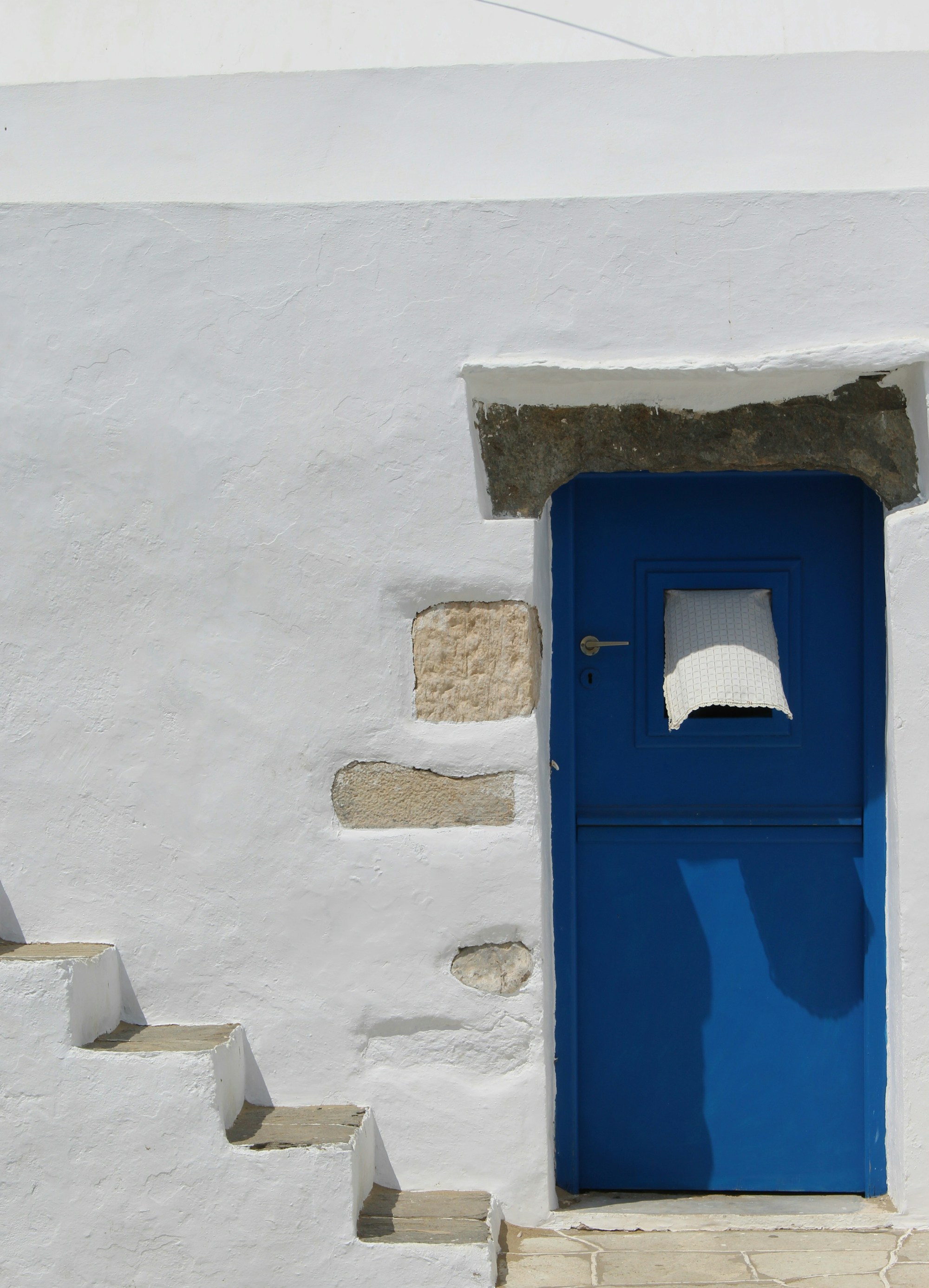Discover Sifnos: History, Customs, and Festivals Guide
Discover Sifnos: Explore its rich history, vibrant customs, and lively festivals in this detailed travel guide.

Discover Sifnos: History, Customs, and Festivals Guide
Sifnos, located in the Aegean Sea, is one of Greece's gem island destinations, combining rich history, vibrant culture, and captivating natural scenery. This travel guide offers an in-depth look into the island's historical context, cultural practices, festivals, and unique anecdotes that make Sifnos an unforgettable destination.
Historical Context
Sifnos has been inhabited since the ancient times. The earliest settlers were likely from the Cycladic civilization around 3000 BC. By the 6th century BC, the island was known for its wealth, thanks to its gold and silver mines.
Ancient Period
During the Classical period, Sifnos became a prosperous trading hub. A significant landmark from this era is the "Treasury of the Siphnians" at Delphi, built around 525 BC, which indicates the island's wealth and influence.
Medieval and Modern Times
In the medieval era, Sifnos was occupied by various powers including the Byzantine Empire, Venetians, and the Ottomans. This resulted in a mixture of architectural and cultural influences, visible in the island's churches, forts, and ruins. In the 19th century, Sifnos became part of the modern Greek state and has since developed into a popular tourist destination.
Customs and Traditions
Sifnos is known for maintaining several long-standing traditions and customs, which are an integral part of the island's cultural identity.
Architectural Heritage
- White-washed Buildings: The island's architecture is characterized by its white-washed buildings with blue domes, reflecting the traditional Cycladic style.
- Monasteries and Churches: With over 300 churches and monasteries, religious architecture plays a significant role. Many of these structures date back hundreds of years and are situated in picturesque locations around the island.
Pottery
Sifnos has a long history of pottery-making. The art of pottery on the island is said to date back to ancient times when the rich clay found in its soil got utilized. Today, pottery workshops can be found in several villages, particularly in the town of Artemonas.
Gastronomy
Sifnos is famous for its cuisine, owing largely to renowned chef Nikolaos Tselementes who was born here. Traditional dishes to try include:
- Revithada: A chickpea stew slow-cooked in a clay pot.
- Mastelo: Goat or lamb cooked with red wine and dill in a ceramic pot.
- Melopita: A delicious honey pie.
Festivals and Celebrations
Festivals are an essential part of life on Sifnos, often blending religious observances with joyous social gatherings. These events provide a window into the island’s rich cultural fabric.
Religious Festivals
Most of the festivals in Sifnos are religious in nature, coinciding with the feast days of various saints.
- Panagia Chrysopigi: Celebrated 40 days after Easter, this festival honors the island's patron saint. It features boat processions, prayers, and traditional music and dance.
- Agios Sostis: Held on September 6th, this festival celebrates Saint Sostis with a litany and a communal feast.
Local Festivals
Aside from religious festivities, there are also unique local celebrations:
- Sifnos Ceramic Festival: Dedicated to the island’s pottery heritage, this festival includes exhibitions, workshops, and demonstrations showcasing the skills of local artisans.
- Festival of Cycladic Gastronomy: Celebrates the culinary traditions of the Cycladic islands, particularly the rich gastronomic heritage of Sifnos.
Anecdotes and Interesting Facts
Sifnos is not only rich in history and culture but also brimming with fascinating stories and fun facts.
Treasure of Apollo
Legend has it that massive treasure offerings were made by Sifnos to the Temple of Apollo at Delphi. This has contributed to the ambiguity and mystery surrounding the island’s ancient wealth.
The Lost Mines
Although Sifnos was once famous for its gold and silver mines, these invaluable resources have long been depleted. Today, their whereabouts and remnants still intrigue historians and archeologists.
Traditional Wedding Customs
Weddings on Sifnos are grand affairs that can last several days. Traditionally, the bride and groom are escorted by musicians and dancers from their respective homes to the church, followed by a feast featuring local dishes and wine.
Visiting Sifnos: Practical Information
Getting to Sifnos is generally via ferry from the port of Piraeus in Athens or other neighboring islands. The island’s main settlements include Apollonia (the island’s capital), Artemonas, and Kamares (the main port).
Where to Stay
- Kamares: Known for its beach and convenient proximity to the port, making it ideal for first-time visitors.
- Apollonia: Offers a range of boutique hotels and guesthouses, providing easy access to dining and nightlife.
- Artemonas: Perfect for those seeking a more tranquil experience amidst traditional Cycladic architecture.
How to Get Around
- Bus Services: An efficient way to travel between major villages and beaches.
- Car and Scooter Rentals: Provide the freedom to explore secluded spots and scenic routes.
- Walking and Hiking: Numerous trails crisscross the island, offering breathtaking views and a closer look at the island's natural beauty and historical sites.
In conclusion, Sifnos is a fascinating blend of history, culture, and natural beauty. Its traditions, festivals, and rich culinary heritage make it a must-visit destination in the Cyclades.
